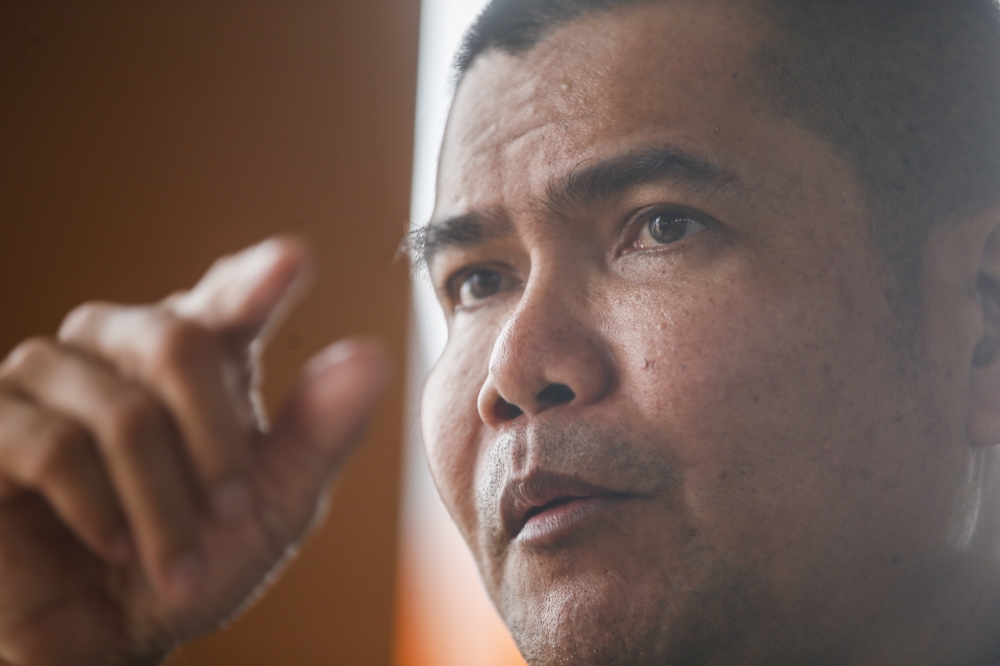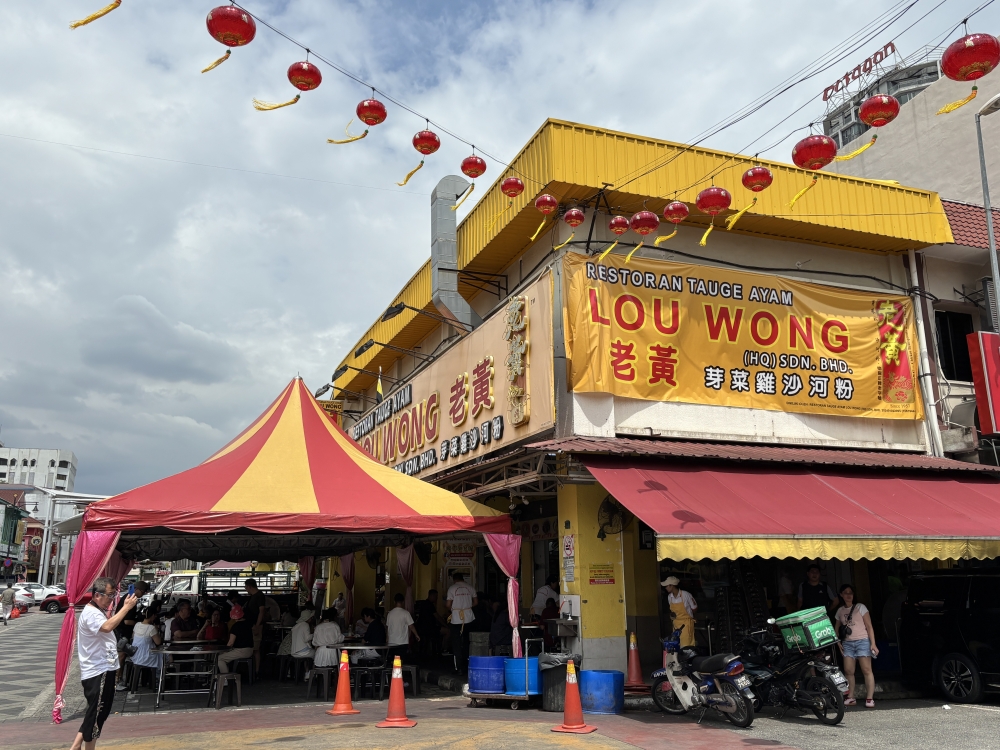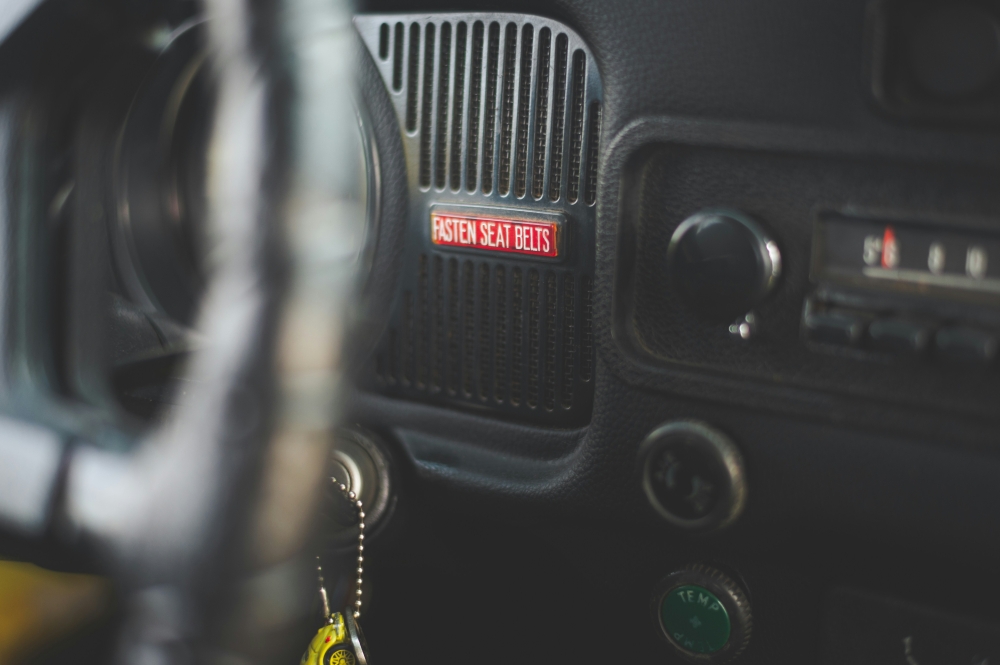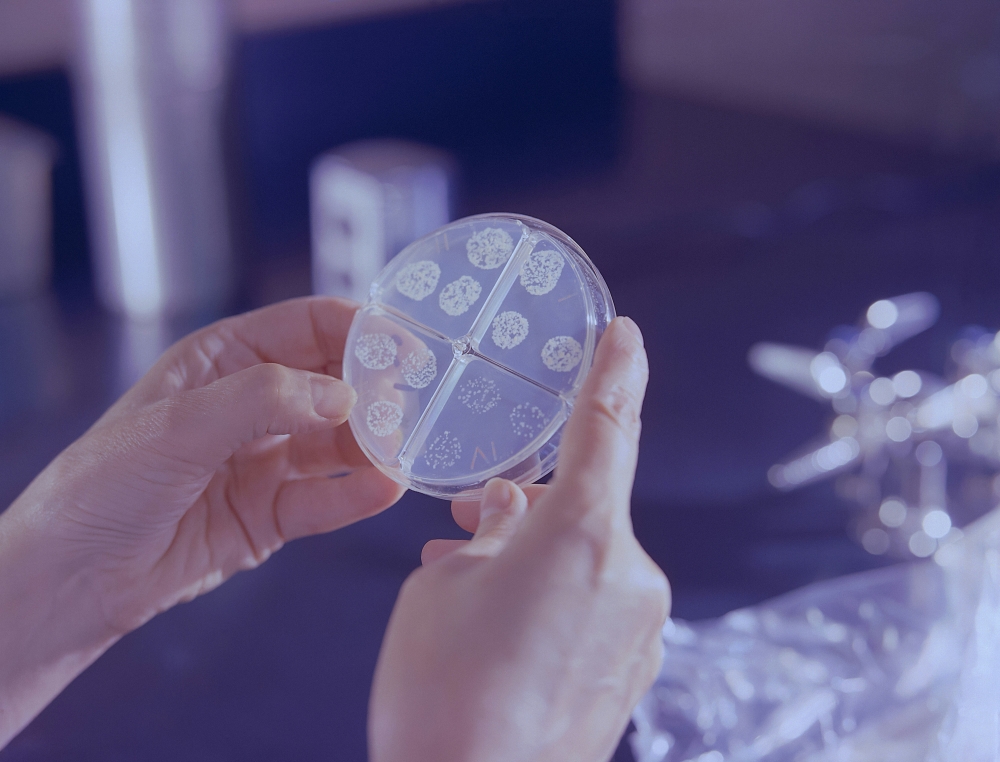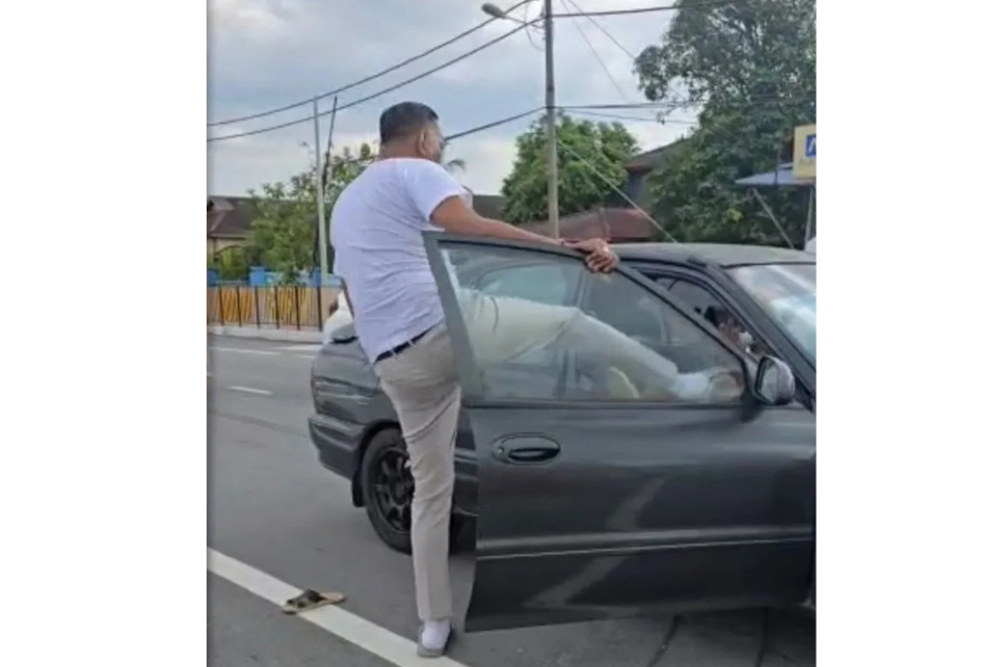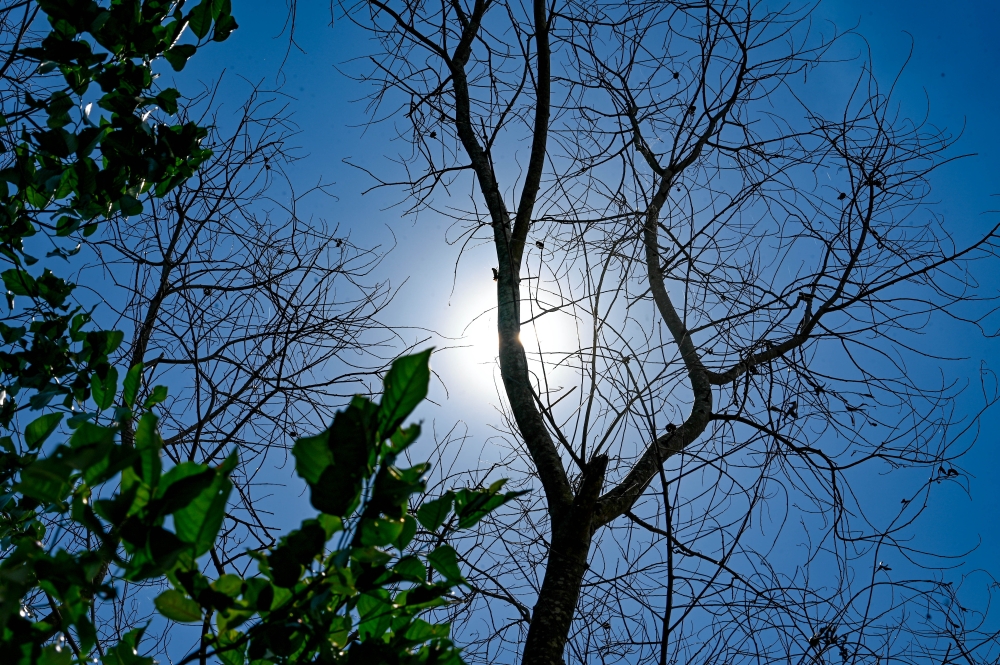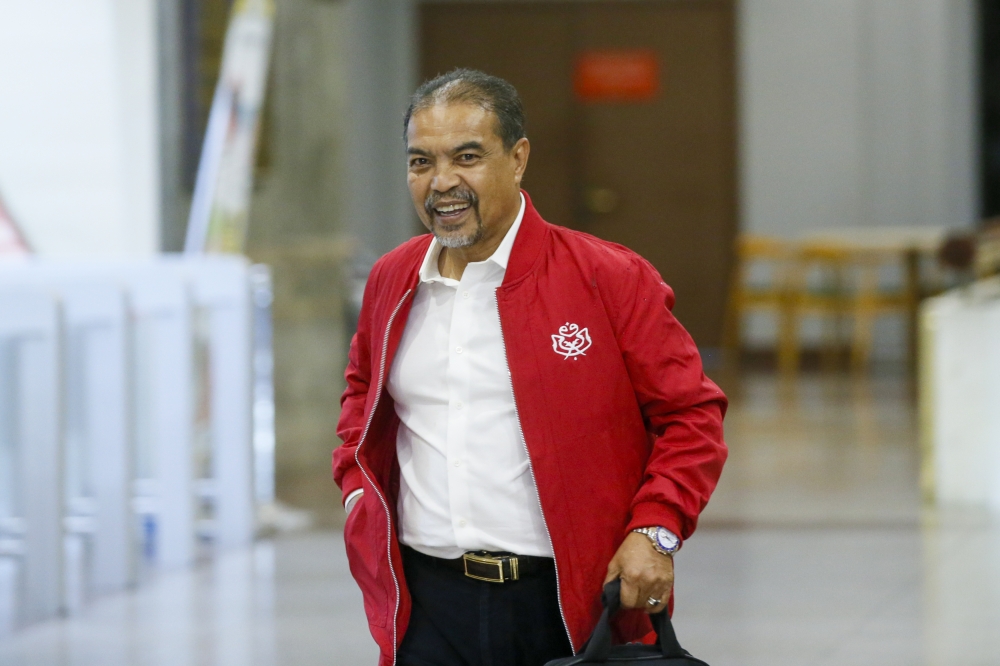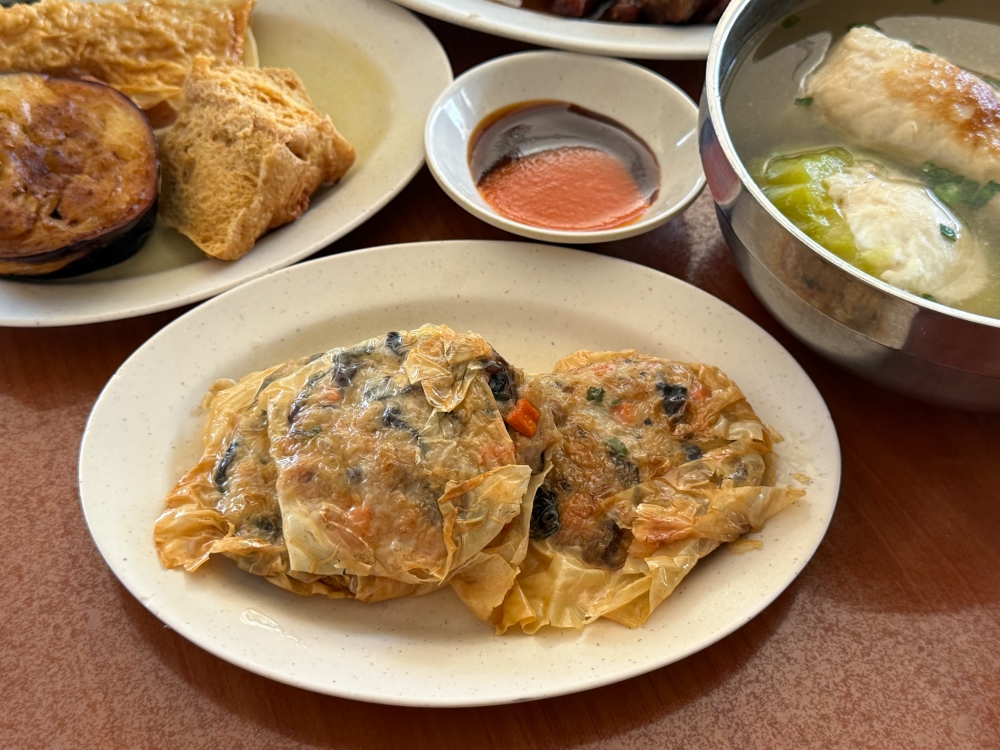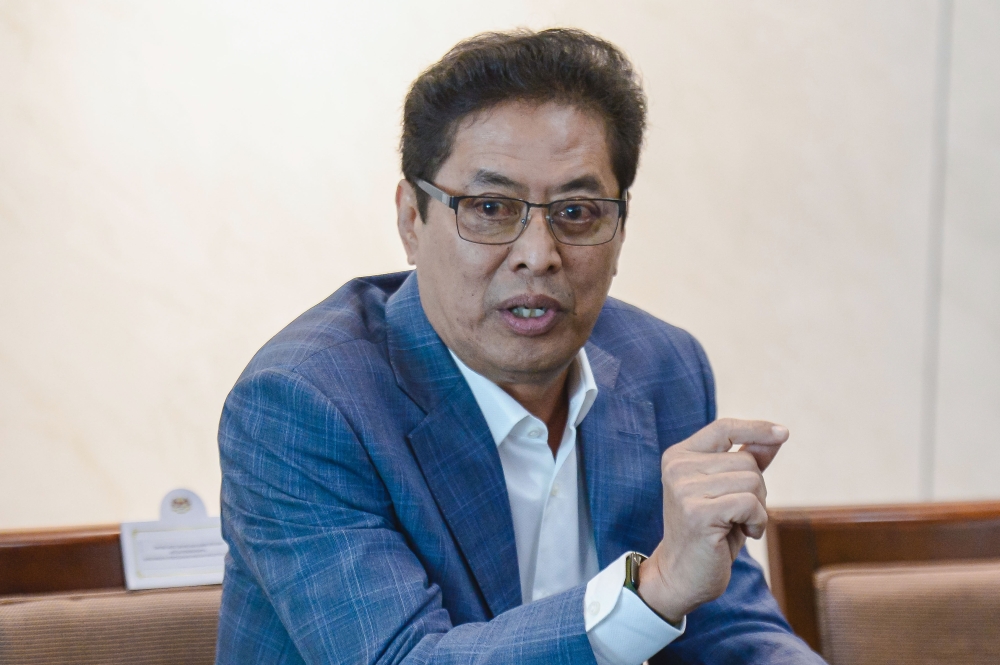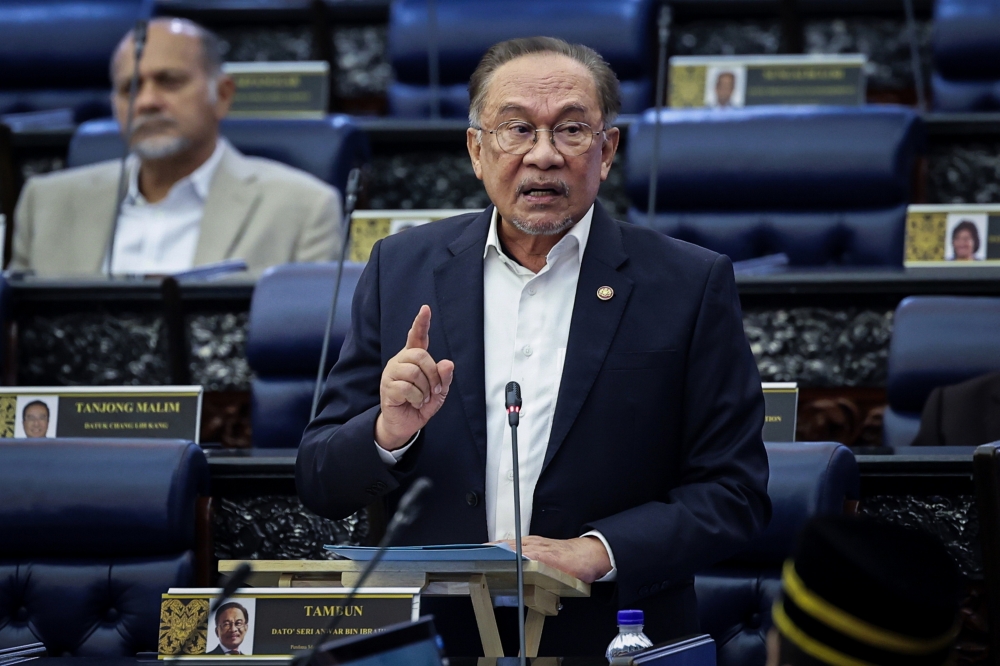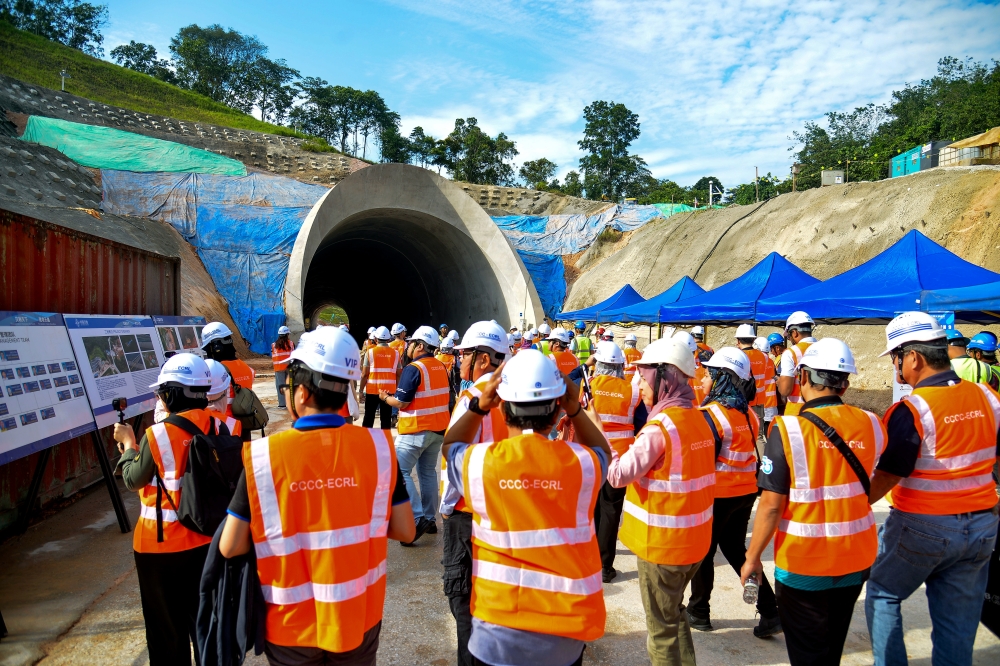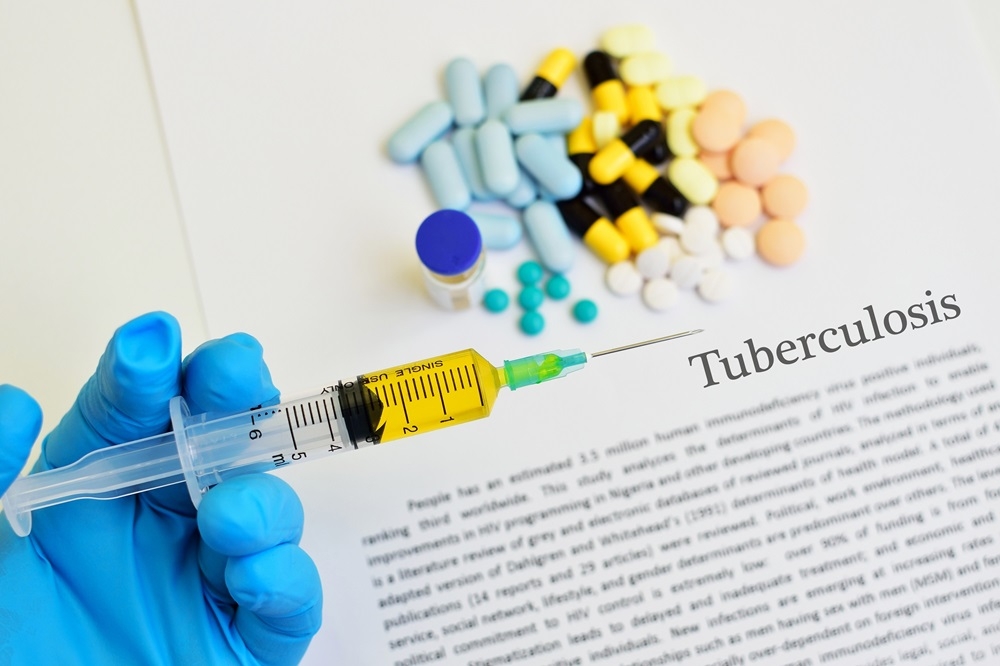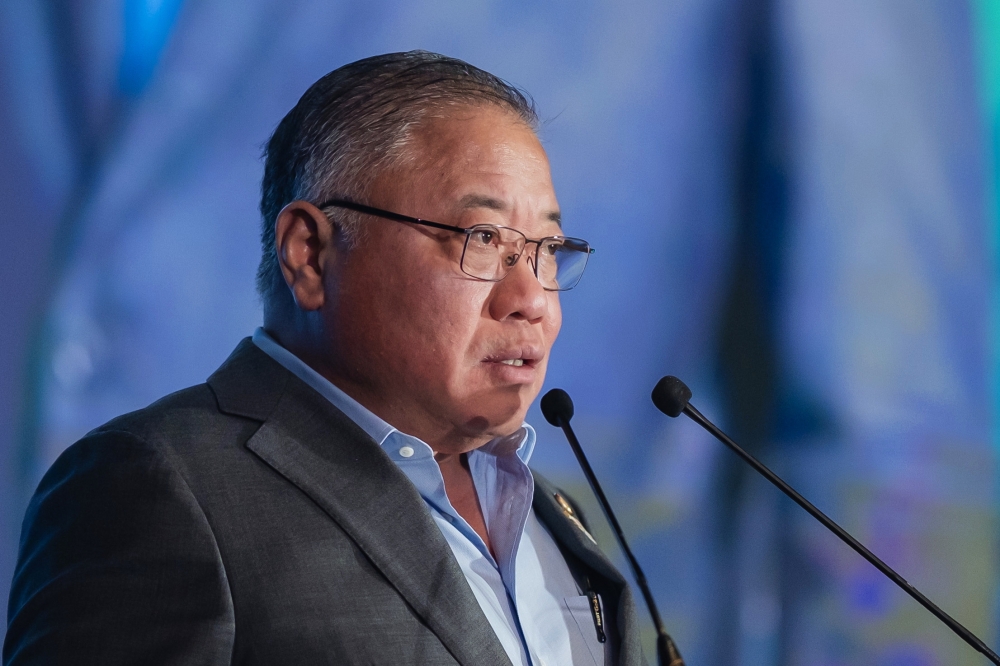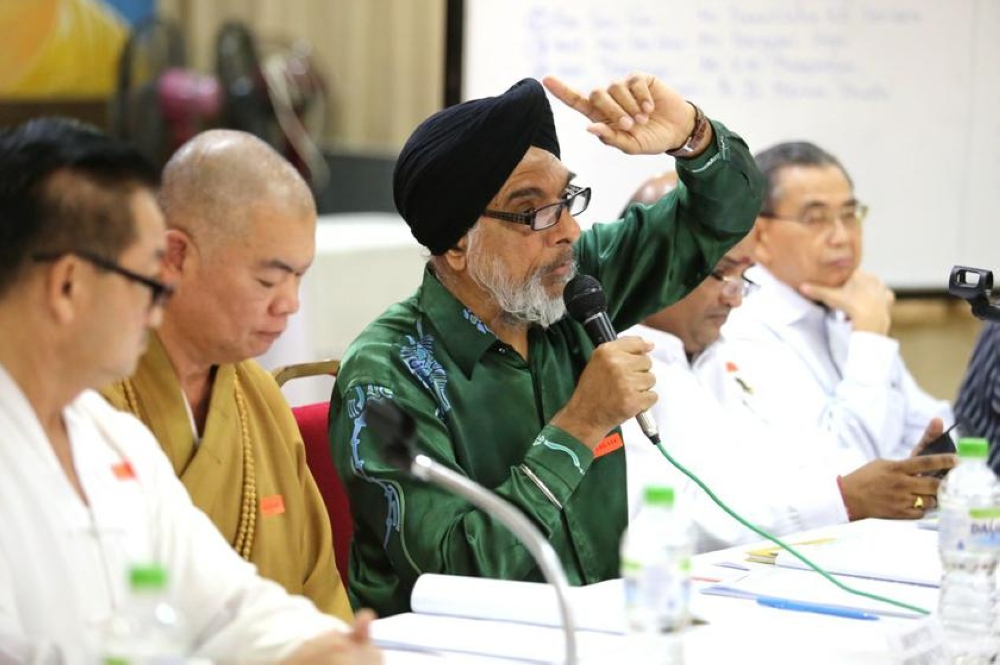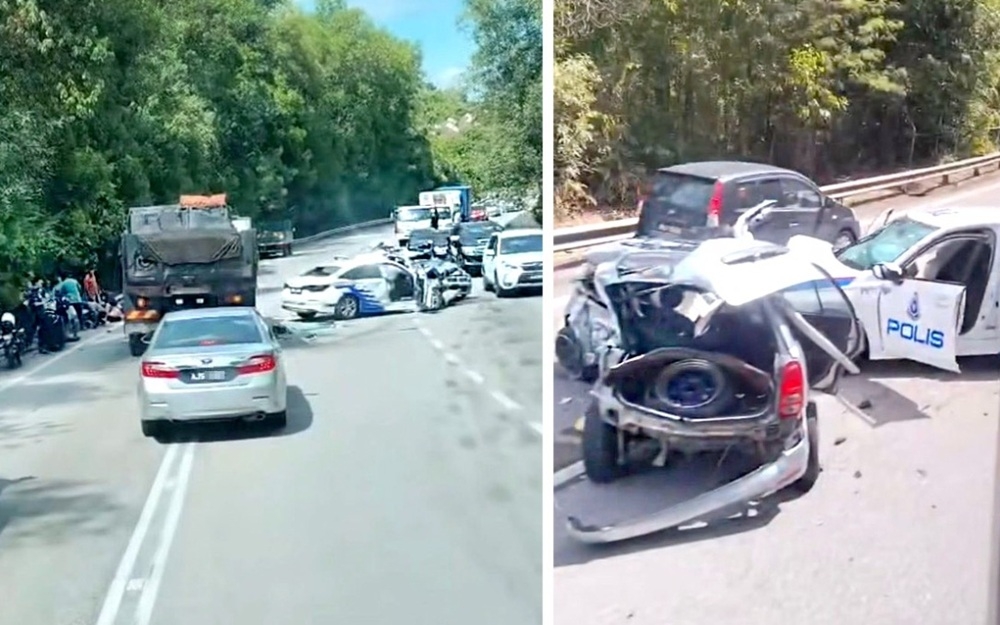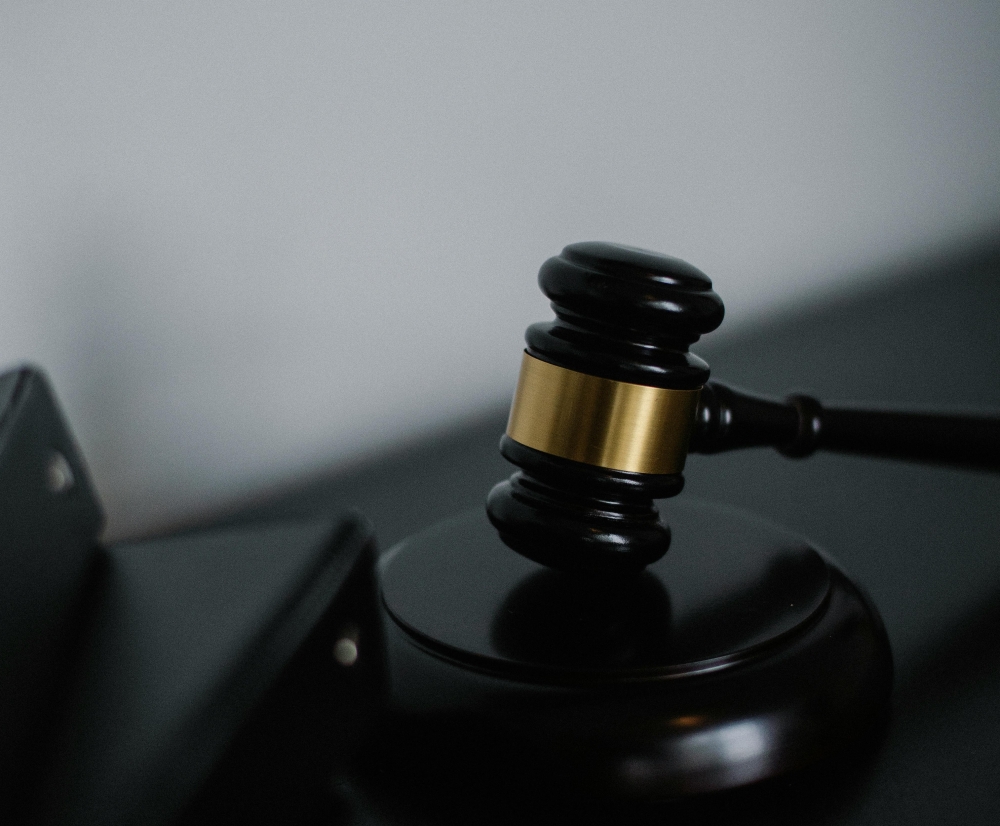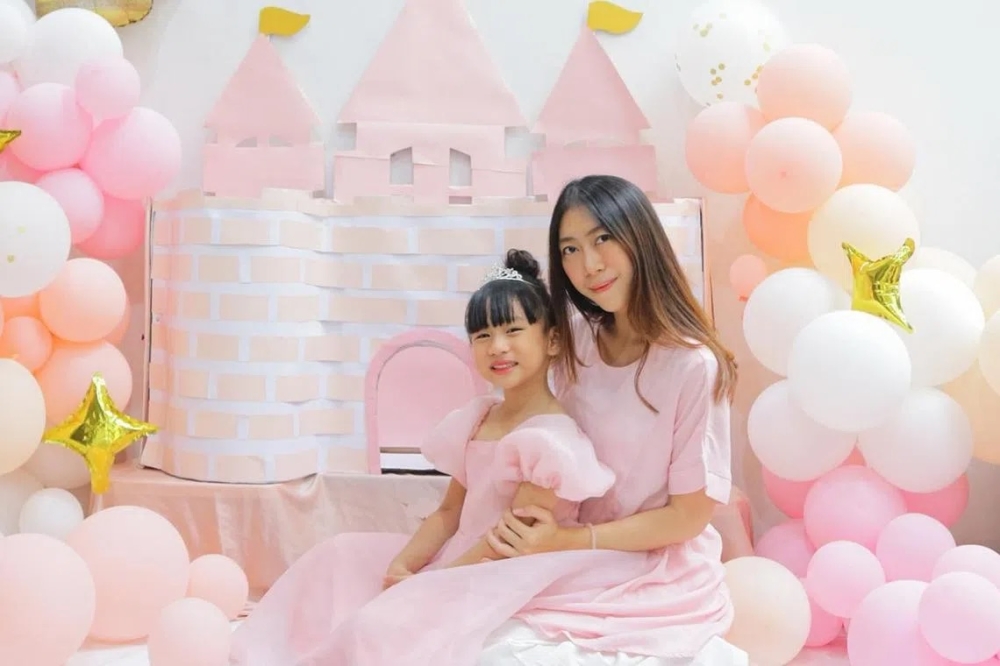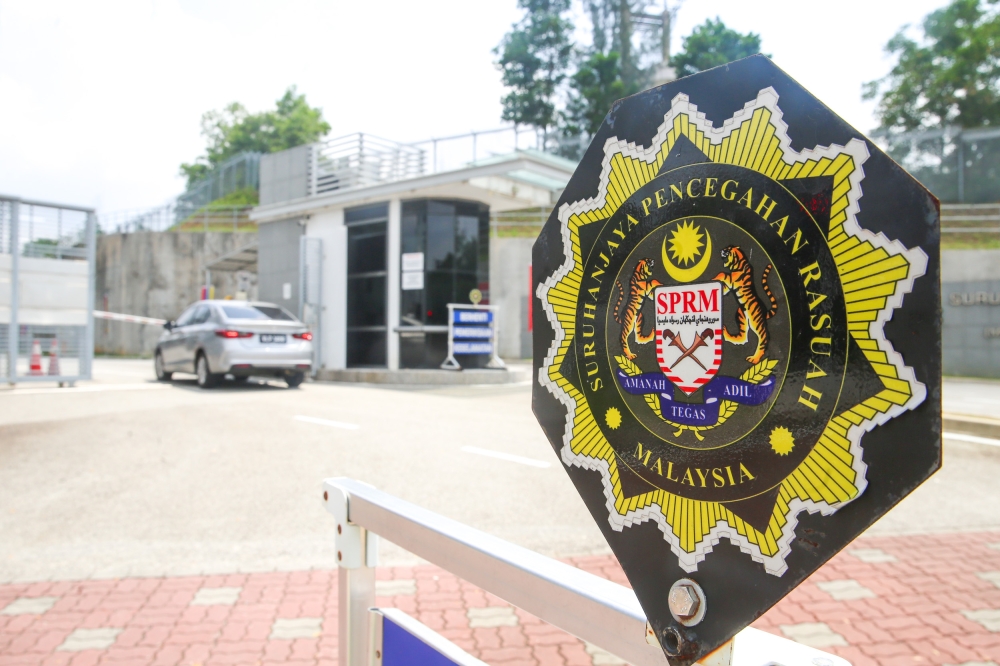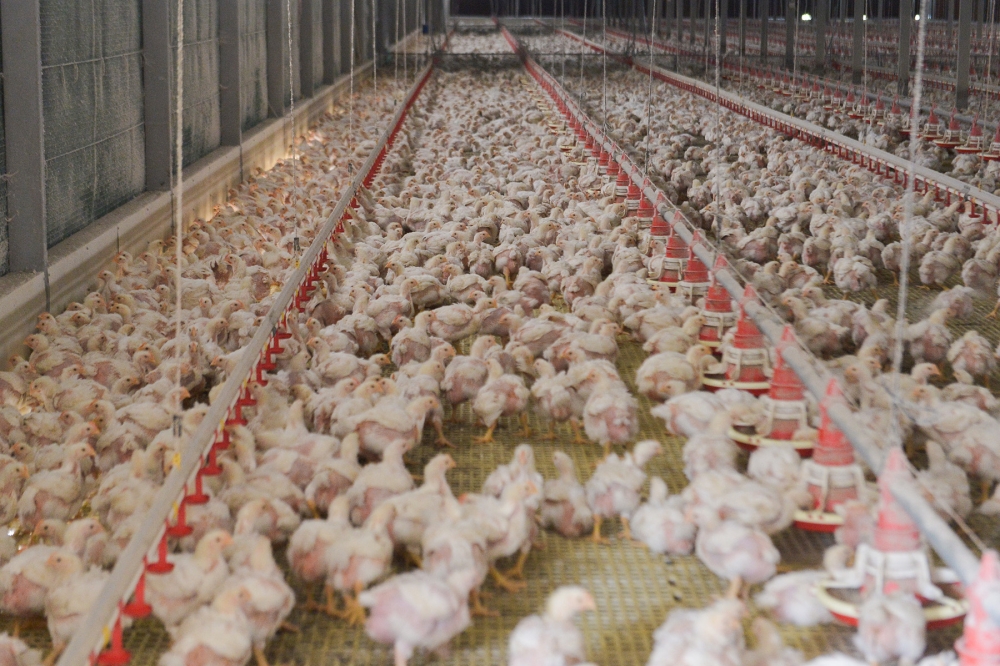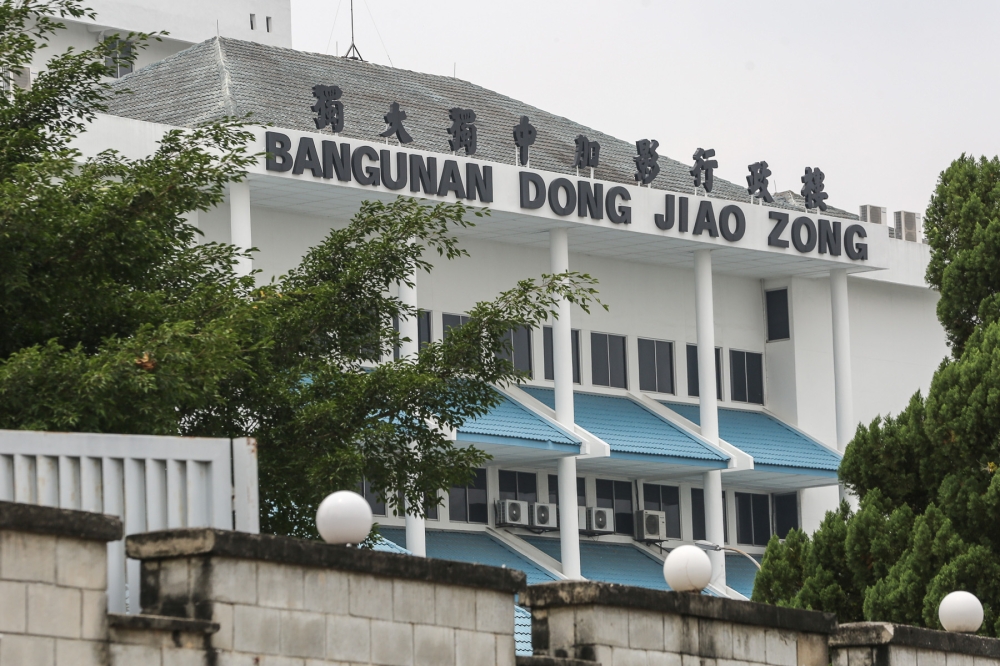SINGAPORE, June 24 — The People’s Action Party (PAP) Government has seized the “first window of opportunity” to call for the polls, political analysts said in response to the issuance of the writ of election yesterday.
They pointed out that the Covid-19 situation is stabilising as Singapore enters the second phase of its circuit breaker exit, and the fact that no one knows how the pandemic may pan out, as reasons why this is an opportune time.
Gillian Koh, deputy director of research at the Institute of Policy Studies, said: “As long as community cases are low and in a very sustained way, then it’s better to call it sooner than wait for any other curveballs or infection levels to jump up again.”
Polling Day will be on July 10 — exactly three weeks after the start of Phase Two on June 19. The circuit breaker restricting movement and activities ended on June 1 and the Government has been cautious with reopening the economy, doing so in three phases.
Infectious diseases experts interviewed by TODAY said that a second wave of infections could potentially emerge two or three weeks after the reopening of the economy.
Dr Leong Hoe Nam, an infectious disease specialist at Mount Elizabeth Novena Hospital, said that by then, the election would have concluded. He added that major decisions on the pandemic would have to be made after the General Election (GE), as a second wave of infections is expected.
Yesterday, Prime Minister Lee Hsien Loong announced through a live broadcast that he has called for the GE, after advising President Halimah Yacob to dissolve Parliament and issue the writ of election.
Opposition parties have been decrying the holding of an election during a pandemic, arguing that the PAP can push it back further as it only needs to be held by April 2021.
Since the start of Phase Two, several opposition parties have resumed their walkabouts and house visits.
The political analysts were divided on whether the timing gave the PAP an advantage.
Koh noted that Singapore is “already in the 11th hour of the parliamentary term”. “If they are not ready, then when will they ever be ready?” she said, referring to the opposition parties.
However, Assistant Professor Walid Jumblatt Abdullah of Nanyang Technological University’s School of Social Sciences felt that the timing worked in PAP’s favour due to “recency bias”.
“Human beings tend to remember what recently happened… there was the series of national broadcasts (by six Cabinet ministers), money credited into people’s account and the Covid-19 pandemic,” Asst Prof Walid said.
Still, Singapore Management University law professor Eugene Tan said that the Covid-19 pandemic has given the opposition a lot of ground to demonstrate their relevance to voters, and the issue of timing should not be the focus of this election.
“My view is, the first window of opportunity that opens up, they will hold it,” he said. “In a time of global pandemic and given that we are not free from Covid-19, there will never be a good time.”
He added: “Much is at stake in this GE. We are talking about a post-Covid world… talking about the remaking of society. Covid-19 has shown up vulnerabilities, gaps, unmet needs in society… The opposition can make much headway in this area.”
He said the conventional thinking that voters tend to prefer the safe and secure option by voting for the incumbent during a crisis may not apply this time.
The last time Singapore went to the polls during a crisis was in November 2001, about two months after the 9/11 terror attack on the World Trade Center in the United States. The PAP won a landslide victory in the 2001 GE, capturing 82 of the 84 parliamentary seats and 75.3 per cent of the valid votes cast.
On the current situation, Assoc Prof Tan said: “If Covid-19 hasn’t reached us but there are signs that it would and you go to GE, in that sort of situation, people would be more inclined to vote for PAP. But now, we are in the eye of the storm and we saw how the Government performed, some good, some not so good.”
However, other analysts said that geopolitical and economic uncertainties could trigger a flight to safety among the voters.
Koh said that with elections in Hong Kong and the US coming up, the “gyrations in the geopolitical sphere can have very severe ramifications”.
“You’ll have a firm pair of hands or at least there’s a clear mandate for the government of the day to manage what is going to be a period of radical uncertainty as the world witnesses these two powers (China and the US) taking each other on for various reasons,” she said.
On his decision to hold the GE, PM Lee noted that “it will not be a normal election campaign” given that Singapore is in the midst of the pandemic. He added that before deciding to proceed with the polls, he had to be certain of two things: First, that voters can vote safely. Second, that political parties can campaign effectively.
“After studying the issues, I am satisfied that both of these can be done,” PM Lee said.
Professor Ooi Eng Eong, an infectious diseases expert and virologist at the Saw Swee Hock School of Public Health, stressed that Singaporeans must continue to comply with safe distancing measures and practise good personal hygiene to avoid a second wave of infection.
The Elections Department had announced on June 8 that it will be implementing extra precautions on Polling Day, which include more polling stations set up to reduce crowd, temperature screening and safe distancing measures at the stations.
Voters will also be allocated specific time slots to vote, and seniors will be given priority to vote before others.
Opposition parties unhappy but prepared
Following yesterday’s announcements, most opposition parties interviewed by TODAY said that they had made preparations for the elections well in advance. They reiterated that the timing of the GE may put voters at risk, and that the situation was tilted in the incumbent’s favour.
Singapore Democratic Party chairman Paul Ananth Tambyah and Singapore People’s Party chairman Jose Raymond said that their parties had expected the elections to be called at this time.
Raymond, for instance, said that he has been walking the ground at Potong Pasir for the past three years and is “looking forward to the contest”.
Peoples Voice secretary-general Lim Tean also said in a Facebook post that his party will resume its outreach “with immediate effect”.
Singapore Democratic Alliance chairman Desmond Lim criticised the PAP Government for doing “the irresponsible thing” of calling an election when “Singaporeans are suffering” from Covid-19 and its adverse impact on jobs, as well as a rise in dengue cases.
greeing, People’s Power Party secretary-general Goh Meng Seng said that it is “very irresponsible to risk public health just for the elections”, while Singaporeans First secretary-general Tan Jee Say stressed again that “voters’ safety must come first”.
National Solidarity Party secretary-general Spencer Ng lamented that his party could not do anything about the decision to call for polls now.
Indeed, the timing of the elections appeared to have come too soon for some parties, even though talk of an impending GE started as far back as a year ago.
Democratic Progressive Party secretary-general Mohamad Hamim Aliyas said he was “very shocked at the timing but we have to go through with it”. The party’s central executive committee will have a meeting this morning to make further plans.
Michelle Lee, chairperson of the newly formed Red Dot United, said that it was not the party’s intention to rush to take part in this GE as it had planned for a “longer runway” to contest in the following elections. As it turned out, it received its registration in time and is planning to field a team in Jurong GRC.
TODAY has reached out to the Progress Singapore Party, Workers’ Party and Reform Party for comments. — TODAY

